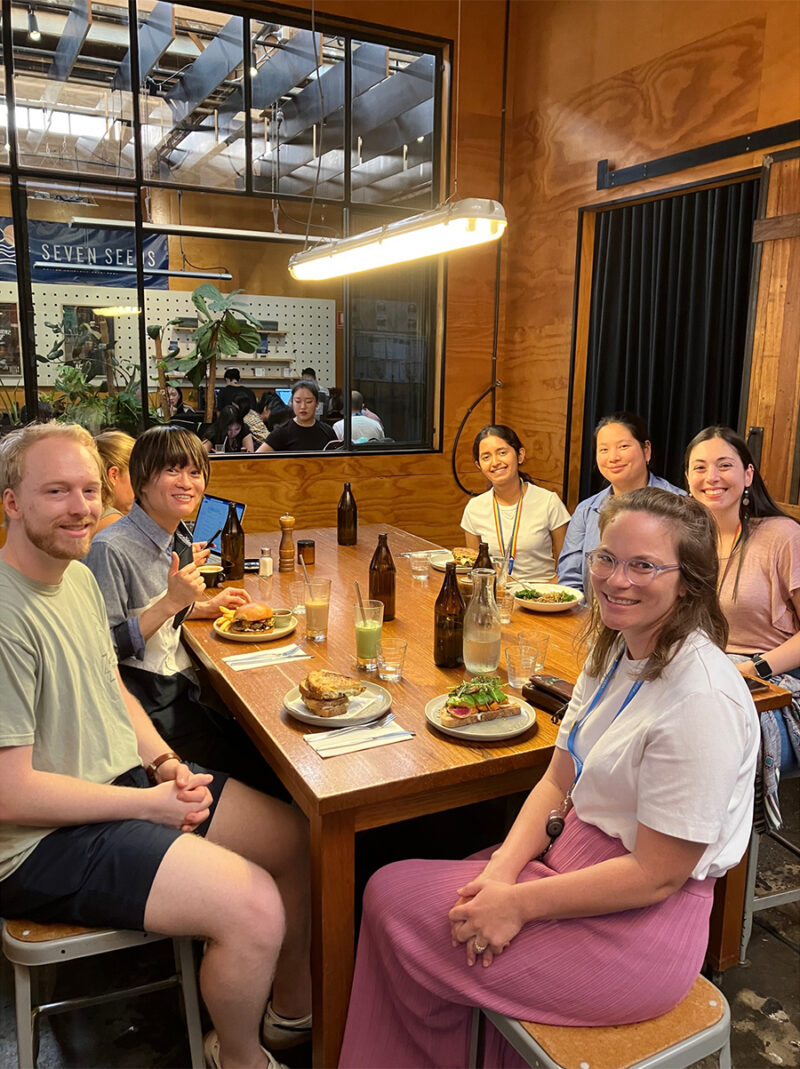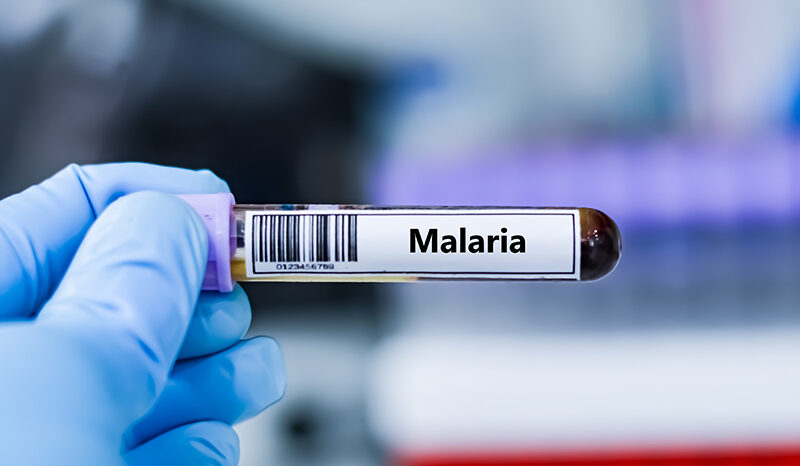Our lab works closely with collaborators in malaria endemic countries, including Mahidol University (Thailand), Exeins Health Initiative and Universitas Sumatera Utara (Indonesia), University Malaysia Sabah (Malaysia), Institute Pasteur (Cambodia and Madagascar), and the Research Institute for Tropical Medicine (Philippines).
We also collaborate with numerous labs within WEHI as well as elsewhere in Australia, Europe, Asia and the US. WEHI collaborators include the Mueller Lab, Cowman Lab and Tham Lab. Key collaboratoring institutes in Australia include the Burnet Institute, Menzies School of Health Research and QIMRB. We work closely with the University of South Florida, Intitute Pasteur Paris, Ehime University, London School of Hygiene and Tropical Medicine and the University of York.








